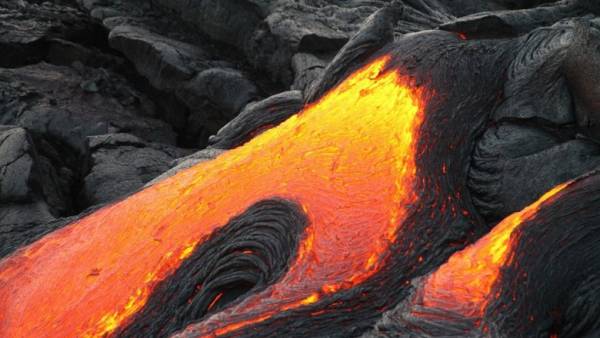The volcano in Scotland could have caused prehistoric global warming
About 56 million years ago, the average temperature of the planet has increased dramatically.

Researchers from Sweden and the UK in his new work showed that a powerful explosive eruption with Red hills on the Isle of Skye may have caused mass disruption to the climate. Article scientists published in the journal Scientific Reports.
Large explosive eruptions can have a lasting effect on the climate and are considered responsible for serious climatic impacts in Earth’s history. One such event occurred about 56 million years ago when global temperatures rose by five to eight degrees Celsius. This event was called the Paleocene-Eocene thermal maximum. The warm period was associated with volcanic activity in the North Atlantic region, especially in Greenland, the British Isles and in the modern North sea region. However, until now Scotland has not been confirmed by any large explosive eruptions.
A team of researchers from universities in Sweden, UK and Scotland seem to have found the missing piece of the puzzle. Studying volcanic rock called stone resin, with Islands located more than 30 kilometers in the Inner Hebrides off the West coast of Scotland, researchers found credible evidence of a major eruption of the volcano once existed on the Isle of Skye.